UCI Provisionally Suspends Greek Track Sprinter Christos Volikákis after Positive Drug Test
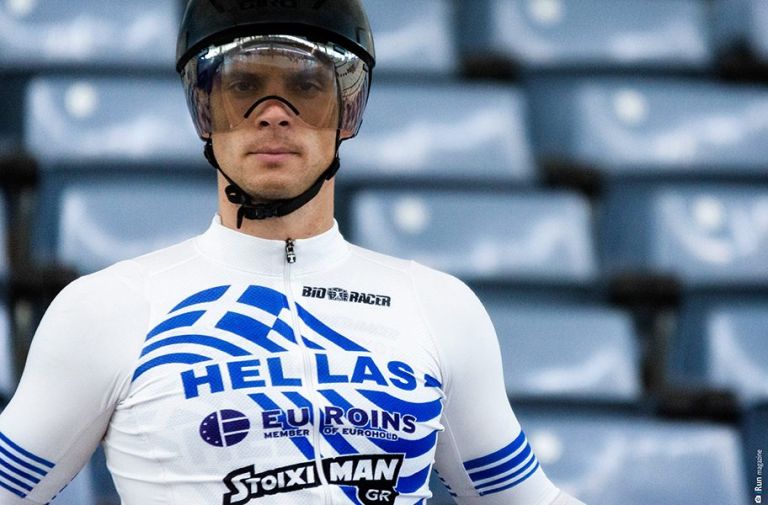
Πηγή Φωτογραφίας: cycle365.gr
The UCI (Union Cycliste Internationale) has announced that Greek track sprinter Christos Volikákis, 36, has been provisionally suspended after testing positive for an experimental drug called Ligandrol (LGD-4033). The drug was detected during the re-analysis of doping controls taken at the 2016 Olympic Games in Rio de Janeiro, Brazil.
Ligandrol, also known as a selective androgen receptor modulator (SARM), is classified as a prohibited substance under class S1.2 (Other Anabolic Agents) of the Prohibited List. SARMs are drugs that activate androgen receptors and provide similar benefits as anabolic steroids but without the side effects on reproductive organs.
Volikákis competed in the men’s keirin event at the 2016 Olympic Games, finishing in 12th place behind gold medalist Jason Kenny from Great Britain. His doping control sample, collected on August 16, 2016, was initially stored as per the World Anti-Doping Code. This code allows for the re-testing of samples using newly developed methods.
The implementation of this rule was done in response to the prevalence of EPO abuse during that time, as well as the emergence of growth hormones and other difficult-to-detect drugs. By allowing re-testing, the development of detection methods for emerging doping products became possible, serving as a deterrent to doping.
In line with this, the International Testing Agency, responsible for testing in various sports including cycling, initiated the re-analysis of the Rio samples on behalf of the International Olympic Committee (IOC) in December. The process was divided into two phases, with priority given to testing samples from active athletes who may be selected for the 2024 Olympics in Paris. The second phase will involve samples from retired athletes.
Once an athlete tests positive for a banned substance like Volikákis, standard anti-doping adjudication protocols are followed. The athlete has the right to request an analysis of their B sample but is not permitted to compete until the case is concluded.
Despite the positive test in 2016, Volikákis continued to compete, transitioning to endurance events after Rio. He won the scratch race at the 2019 World Cup in Cambridge. However, his country has not gathered enough points to qualify for the men’s track cycling event at the Paris Olympics.
Διαβάστε όλες τις τελευταίες Ειδήσεις από την Ελλάδα και τον Κόσμο







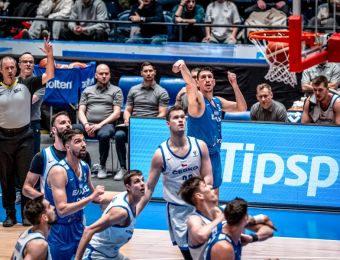











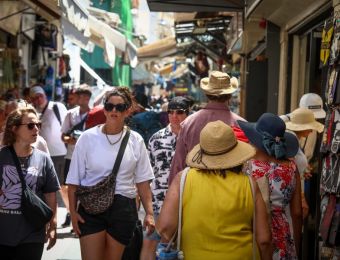




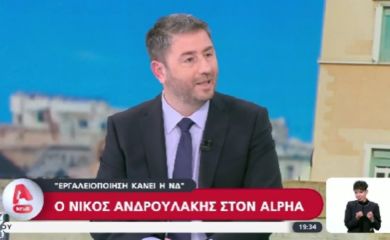
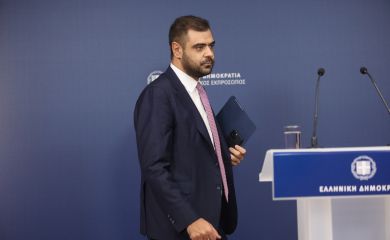

Το σχόλιο σας